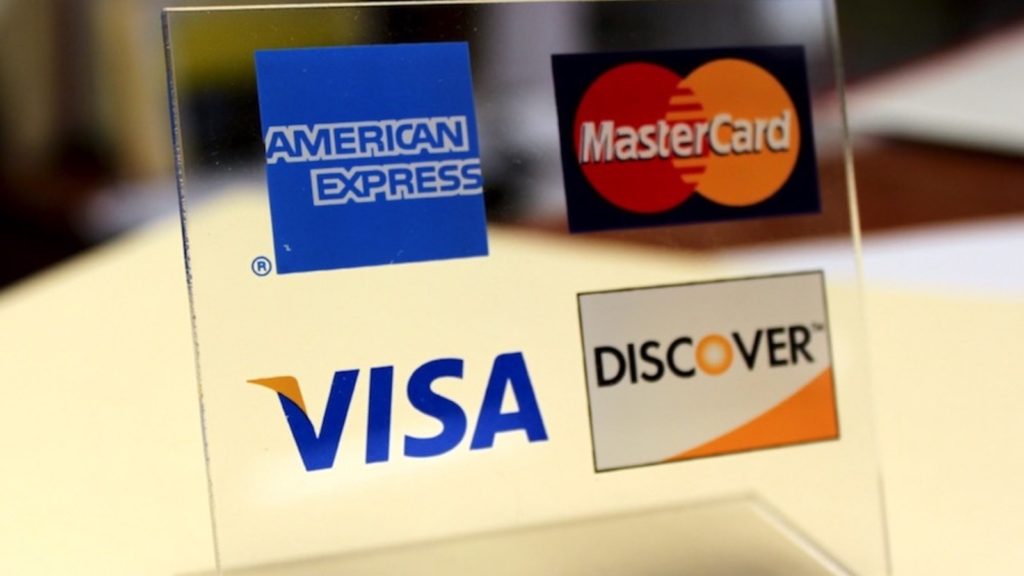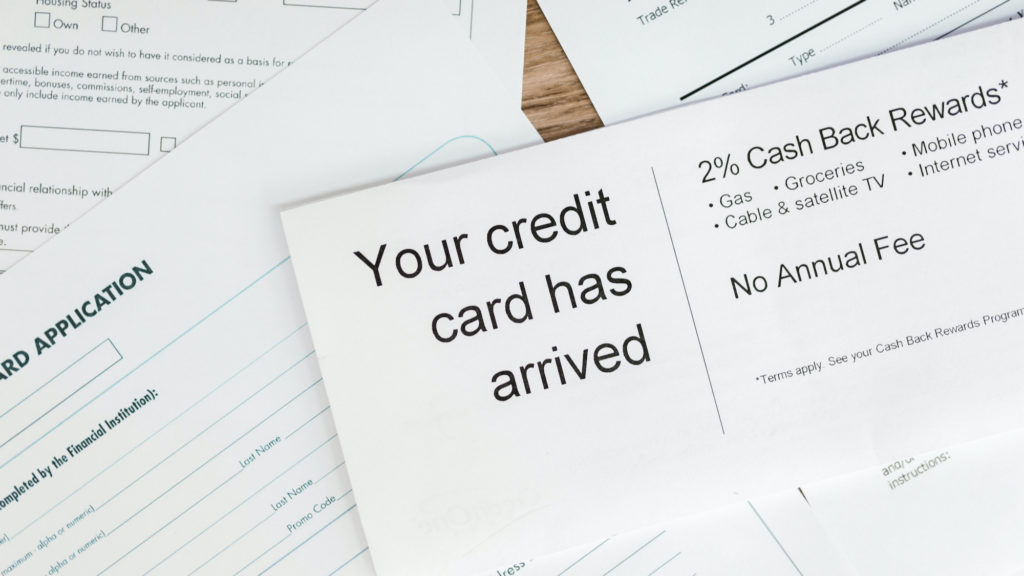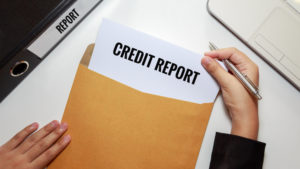We recently wrote a detailed article on how the new Comprehensive Credit Reporting (CCR) regime implemented in Australia will likely affect your credit score when you apply for a credit card. This article aims to complement the above article by providing a higher-level quick reference guide to some of the more frequently asked questions on this topic.
Your questions answered
You will find answers to the more popular questions regarding credit scores, and the effect applying for credit cards will have on them below.

Most applicants are likely to see some reduction in their credit score from applying, but not always. In many cases, the reduction will be small, especially if you have not applied for other credit in a while and have maintained relatively healthy credit behaviour.
There are many factors that impact a credit score, and as such, some applicants may see a larger decline in their credit score than just a small reduction when they apply for a credit card, while others may see an increase in their score. One reason for the latter is that the issuer of a credit card is taken into account, and credit agencies generally view credit cards from larger banks (the big 4 and mid-tier banks) to be a safer proposition.
Not paying the minimum amount due on your credit card by the due date is definitely frowned upon by the major credit agencies and a record of non-payment will be recorded (based on the number of days late) on your credit file. This is very likely to see your credit score go into a short-term deep-dive and will begin to recover once a consistent on-time payment pattern of the minimum amount is recorded.
If you make a number of applications within a short period of time, usually considered to be around 2 or more applications within a 3 month period, then this could be viewed by credit providers as a person in financial distress looking to obtain credit urgently.
Therefore make sure to allow a sufficient period between credit card applications to ensure that your credit score is not unnecessarily impacted.
While we always recommend at Point Hacks that you pay your credit card balance off in full every month to avoid unwanted interest charges, not paying off the balance in full will not affect your credit score so long as you pay the minimum amount due by the due date. If you don’t make this minimum payment on time, refer to the question above.
Whether your credit card application is approved or declined is not a factor in its own right that impacts your credit score. However, your credit card application will be recorded on your credit report, even if it is declined, with the number of credit card applications being a contributing factor to your credit score.
So for those that have been declined for a credit card, don’t be concerned that this rejection will be visible on your credit report. At the same time, make sure to leave a sufficient amount of time before again applying for a credit card, otherwise, you will be penalised for making too many applications in a short period of time as stated above. A sufficient period is at least 3 months, but you may wish to stretch this out further to be on the safe side.
The best way to improve your credit score is to make sure that you pay your credit obligations on time, which will help build up a track record of positive credit behaviour. At all costs, you want to avoid missing making minimum payment obligations, and for those holding charge cards, payments of the outstanding balance in full every month, as this will have a detrimental impact on your credit score.
Other ways to maximise your credit score include avoiding maxing out your credit card where possible and applying for credit from larger and more established financial institutions.
Disclaimer: Point Hacks Australia Pty Ltd. provides general information only. You should assess whether the information is appropriate for you having regard to your objectives, financial situation and needs and consider obtaining independent professional advice before making an investment decision. If information relates to a specific financial product you should obtain a copy of the PDS for that product and consider that statement before making a decision on whether to acquire the product.
Summing up
Applying for a credit card will be recorded on your credit report, and ultimately will affect your credit score. Hopefully, the above article has enlightened you on what actions are likely to help your credit score and those that are likely to hinder it, so you can make sure that you maintain a healthy credit score and get approved for future credit applications.






I was upset as the points offers were great but I went into a branch of both banks and discussed it and a live person and in both cases my cards were approved within 24 hours.
A couple of months later I got my full credit report to find they’d done, 1. A credit check for the online application and 2. For the going into the branch.
Total of 4 credit enquiries – annoying.
I lodge a complaint (?? if that’s the term) on the fact it was the same application.
Outcome – got the credit cards, got the points and only 1 credit enquiry per card.
Get rejected online – go to a branch
Questioned why they had lodged 2 queries for the same application, although theoretically it was a second application and in both cases within one hour of the online rejection.
All pretty easy.